不動産はその名の通り、不動の資産です。そこに固定的に存在する土地・建物を指します。
一方、固定的でない資産は動産です。
何を今更、という話ではありますが、いまの時代、不動産が、人々のライフスタイルとミスマッチな感覚を受けている方が多いのではないでしょうか。
「土地を購入し家を建てる」ことは、人生を送る上で当然のプロセスとして認識され、地域によっては実質それが社会参加(もっと言えば個の承認)への条件となっている雰囲気もありました。私の出身地である北陸地方は日本の地域の中でも持ち家率が高い事で知られています。そして「人生の幸福度」でも比較的上位を占めるといった報道がされる事から、まるで「不動産所有=幸福」といった形で紐づいている感じを受けます。
不動産を所有するという事は、定住する場所がある、という事です。しかしそれだけでは賃貸と変わりません。正確には定住する「自分の」場所がある、という事になるでしょう。現金一括で土地を購入する方は稀だと思いますが、殆どの方が住宅ローンを組んで、一世一代の買い物をするわけです。そして家賃の代わりに返済をしていき、最終的に名実ともに自分のものになるわけです。
しかし不動産は不動産ですから、一度買って住んでしまえば、どうしても固定的になります。通常「ここに住む」と決めて買うのが不動産です。つまり「どこにでも住める」という本来の人間が(限定的に言えば日本人が)持っている権利を、ある意味束縛するのが不動産なのです。
不動産は一度買ったらすぐには手放せません。もちろん手放すことは出来ますが多くの方にとって現実的ではないでしょう。いわゆる転売による利益が見込める場合には、そのような手段は取られますが、一般の方々にとっては不動産は投機的資産ではなく、長期保有を目的とした資産です。
しかし一方で、特にコロナ禍を受けて、人を縛るあらゆるものから自由になる方向に世の中が展開しだしています。仕事は一見どこでも出来るようになっています。オフィスの重要性は以前のそれとは違うものとなりました。多くの人々は、日常生活の中にどのように仕事を入れ込むかに難儀したように見えます(私もそうでした)。その様なニーズを受けて、マンションや戸建てでも「離れ」を設けるようなスタイルが流行しました。公共空間に仕事を入れ込むというスタイルも徐々に広がりを見せているようです。
大きく俯瞰すれば、多くの人々は世の中に2つの拠点を有していると言えます。それは紛れもなく自宅と職場です。しかしそれは「生活拠点」と「仕事拠点」であった事がわかりました。生活拠点はいまだ自宅に集約されていますが、仕事拠点は実はどこでも良いという事に、多くの人々が気づいてしまったと言えます。
こうなると、生活拠点が自由になれば、人は本当の自由を手に入れる事になるのかも知れません。
Freedom of Residence and Freedom of Work
Real estate, as the name implies, is an immovable asset. It refers to land and buildings that exist there in a fixed manner.
On the other hand, non-fixed assets are movable assets.
Although it may seem like a new idea, many people today may feel that real estate is mismatched with people’s lifestyles.
Buying land and building a house” was recognized as a natural process in life, and in some areas, it was practically a condition for social participation (or more specifically, individual recognition). The Hokuriku region, where I am from, is known for having one of the highest homeownership rates of any region in Japan. And since the Hokuriku region is reported to rank relatively high in “happiness in life,” it seems as if “owning real estate = happiness” is associated with the region.
Owning real estate means having a place to settle down. However, this alone is no different from renting. More precisely, you have “your” place to settle down. Rarely do people purchase land with a lump sum cash payment, but most people take out a mortgage to make the purchase of a lifetime. They then repay the loan in lieu of rent, and eventually own the property in both name and reality.
However, since real estate is real estate, once you buy and live in it, it inevitably becomes fixed. Normally, you buy real estate with the intention of “living here. In other words, real estate, in a sense, binds the original human (or, to put it another way, Japanese) right to “live anywhere”.
Once you buy real estate, you cannot immediately let it go. Of course, you can let go of it, but it is not realistic for many people. Such measures are taken when a profit from resale is expected, but for the general public, real estate is not a speculative asset, but an asset intended for long-term holding.
On the other hand, however, the world is beginning to develop in the direction of freedom from everything that binds people, especially in the wake of the Corona disaster. Work can be done seemingly anywhere. The importance of the office has changed from what it used to be. Many people seem to have had difficulty (as I did) in finding ways to fit work into their daily lives. In response to such needs, a style of “detached” space in condominiums and houses became popular. The style of incorporating work into public spaces also seems to be gradually spreading.
From a broad perspective, it can be said that many people have two bases in the world: their homes and their workplaces. They are, without a doubt, their home and their workplace. However, it turns out that they were “living base” and “work base. While the living base is still concentrated in the home, many people have realized that the work base can actually be anywhere.
In this way, people may be able to achieve true freedom when they are free to choose where they live and work.
